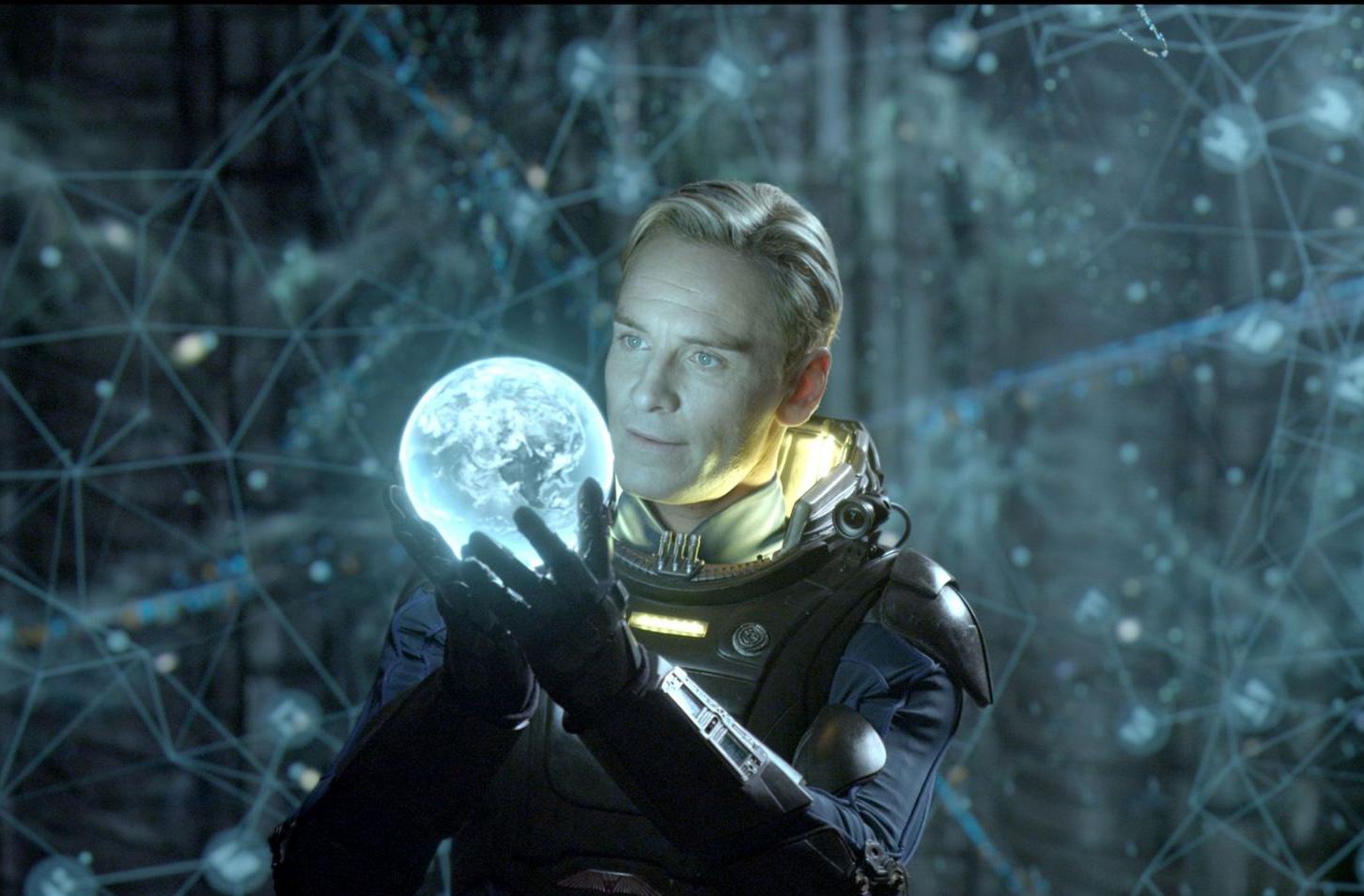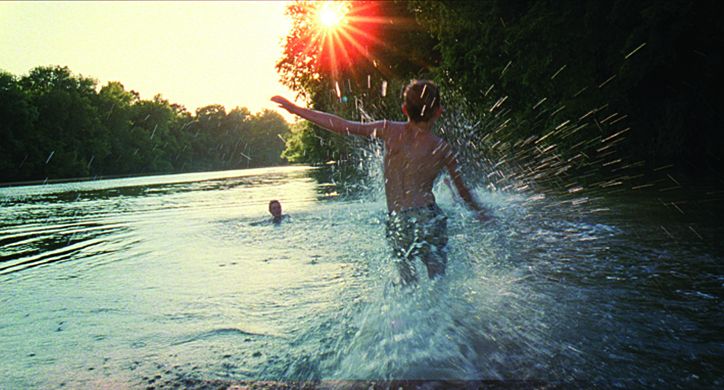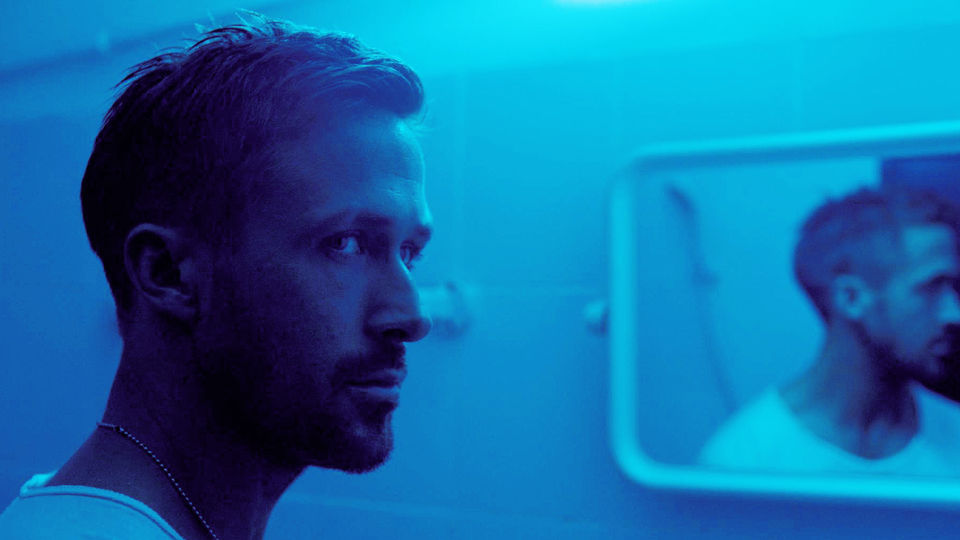6. Prometheus

In hindsight, it’s easy to forget how pumped people were for this movie. Considering how bland reception and turnout was for Alien: Covenant, Prometheus clearly wasn’t everyone’s cup of tea.
The biggest mistake the film made was making people think this was going to be some huge think-piece on the origin of humanity. It wasn’t exactly that, and it wasn’t Alien or Aliens either. But others saw that as natural for the franchise, seeing as most of the films in the series differ from the ones before it.
The menacing tone and tension, along with Michael Fassbender’s android, David, were enough to please one side of the fandom. The other half was rather annoyed to say the least. To them, it had the big-budget of Aliens, but none of the James Cameron fun. It had some call-backs to Alien but wasn’t nearly as scary or claustrophobic. It presented some big questions, but didn’t answer them, or at least didn’t do so in a satisfying manner.
In the end, it seemed like one of the biggest wasted opportunities in film history. And for those who did like it, they were surely disappointed by Covenant’s retreading.
7. The Tree of Life

Love him or hate him, Terrence Malick’s films have an affect on people.
His long string of recent films hasn’t hit the mark. But the director has a filmography most directors would kill for. It’s no different when it comes to The Tree of Life. Not because it’s a glorified masterpiece for everyone. It’s because it got people talking. And what prospective auteur wouldn’t want that?
This experimental piece of art is as ambiguous as they come. But it’s also been called the worst waste of two hours. The detestation comes from what people consider a random mesh of visuals and a promising start that’s robbed by lack of narrative structure. It is considered scatter-brained pretentiousness with nothing much to say.
So naturally, there’s just as many people praising the film for how ambitious it is in scale. Not only is its visual storytelling something of legend to them, but so is its own ambiguity. You know, the same ambiguity that had other audience members rolling their eyes.
There may be no other film with as strong a divide as this one. It’s not as popular as The Last Jedi or a Batman movie. But it’s hard to fall in the middle on this film, and that’s just the way Malick probably wanted it.
8. Only God Forgives

Director Nicolas Winding Refn has a very particular style that differentiates himself from all his contemporaries. It’s brutal yet beautiful, and that’s not even the tip of the iceberg visually.
While films like Drive and the Pusher trilogy come with high acclaim, there’s also films like Neon Demon and Only God Forgives that cause a harsh discourse between his fanbase and others.
Only God Forgives is perhaps the hardest film of his to defend, and that’s only because he’s had a good deal of success with his recent filmography. But most of the audience’s negative remarks don’t spur from his stylistic choices, but instead from how much he valued them over the substance of the film.
The cinematography was praised or at least acknowledged across the board. But the story was considered the complete opposite, a dry and lifeless work that has none of the same stimulating qualities as Drive did, nor an electrifying character like Tom Hardy’s in Bronson.
But Winding Refn’s following thought quite differently. They thought his artful flair and gruesome depiction of violence mixed in the same incredible fashion that made Drive so exhilarating. And it was the purpose of said violence that drove home the great visual storytelling.
The phrase “cult classic” is already being passed around by many, and the film’s only been out five years. Only time will tell.
9. Under the Skin

Richard Roeper said it best when he called Under the Skin “one of the most polarizing films in recent years.” With that said, the critics were predominantly on board with Bryan Glazer’s horrifying sci-fi.
The audiences were less compliant. All the major rating services have the film’s popular opinion split evenly. IMDb has nearly even marks of people giving “10” and “1” ratings, and they make up a higher percentage of votes than you’d think.
This was a strange masterwork of twilight-ish horror to some and a pointless slog of a film for others. For as many people who praised Glazer’s selection of imagery, there were as many calling him out for not knowing when to end scenes and further explore others. Scarlett Johansson’s subdued role was a point of constant argument as well, as she was both praised for elevating the content and accused of creating much of its boredom.
Those who loved it will say the haters didn’t get it, and the haters will say they did, but that the story had no richness to back up its intentions. Either way, it was a bold film for Glazer to make in his first directorial in over a decade.
10. mother!

Some people like the (occasionally) vague biblical references of mother! Many others don’t. And that’s just the beginning of what divides the audiences here.
Darren Aronofsky’s take on what we’re doing to mother nature can be considered hard to follow by many. Symbolically, everything may make sense in hindsight. But in terms of the plot itself, everything seemed like an incoherent fever dream to some moviegoers. What made matters worse was that it was marketed wrong, making it seem like a straight-forward horror film. That’s what likely led to the F-grade it got on CinemaScore.
But on Rotten Tomatoes, the audience score is divided at exactly 50 percent. The take on creation and the deterioration of mankind was praised by the same amount of people who were confused or turned off by the subject matter.
Darren Aronofsky himself has become a little bit of a split decision among fans. While challenging The Wrestler or Black Swan is an onerous task, The Fountain, Noah, and others have their value—or lack of—argued to this day. mother! Is bound to be no different.